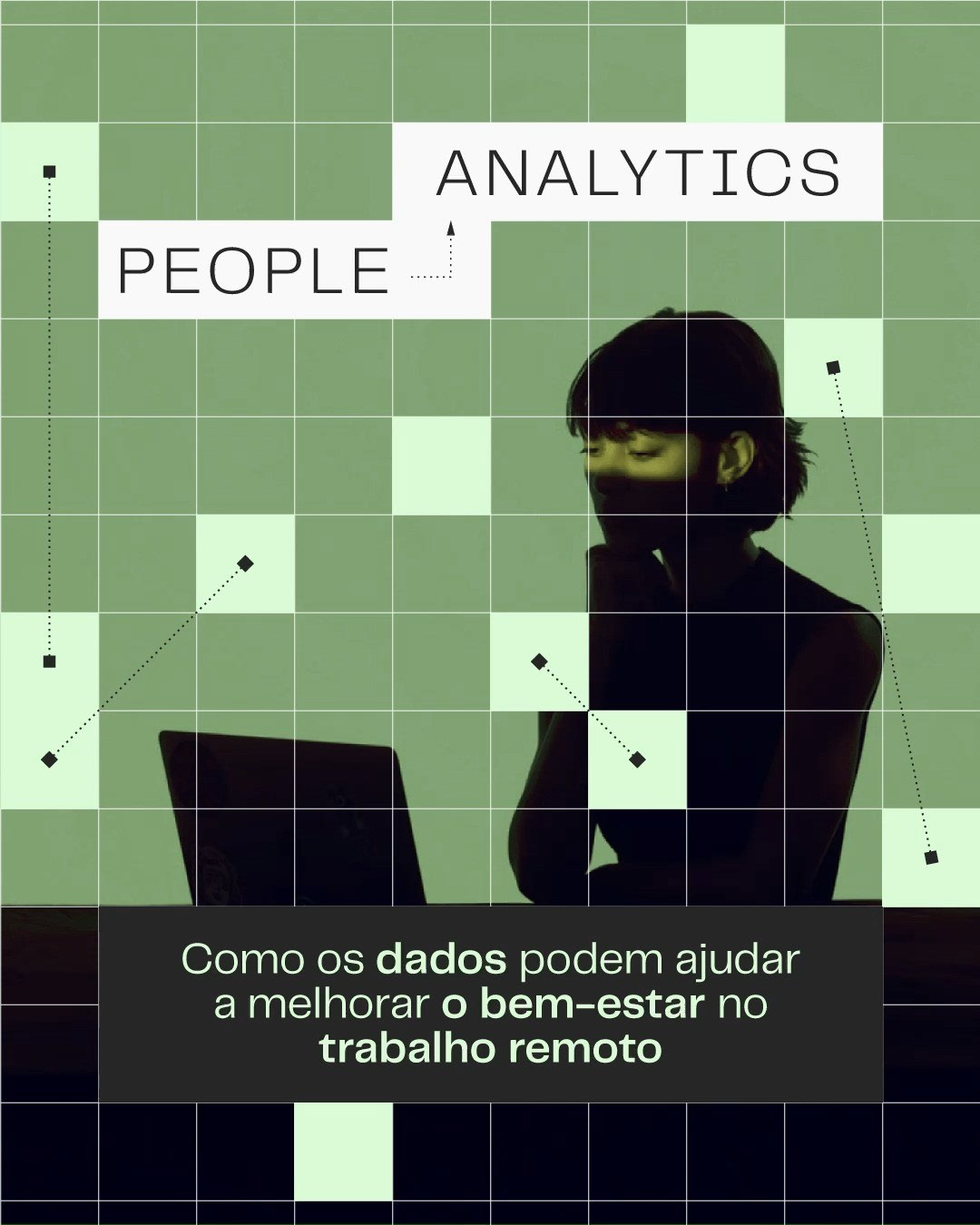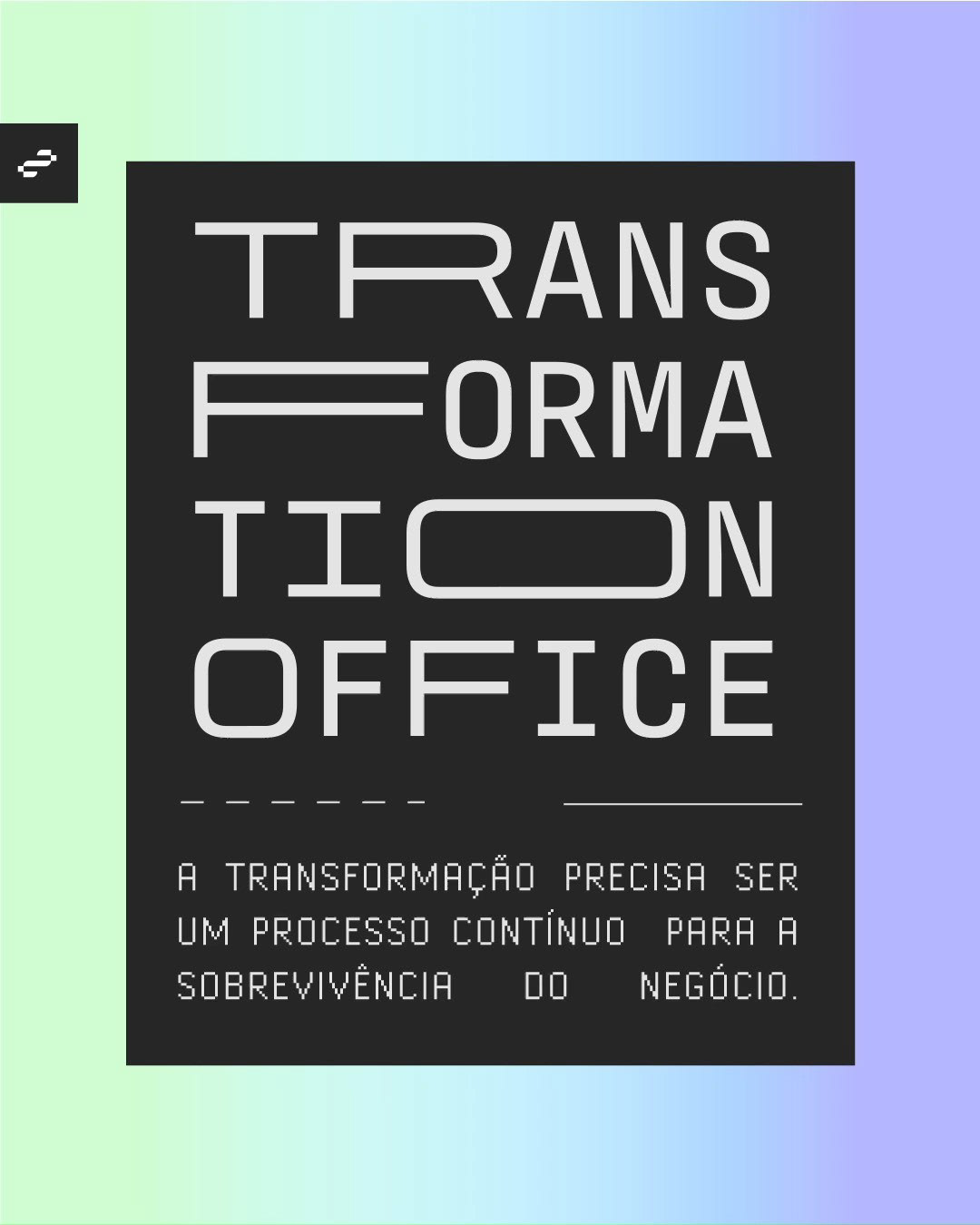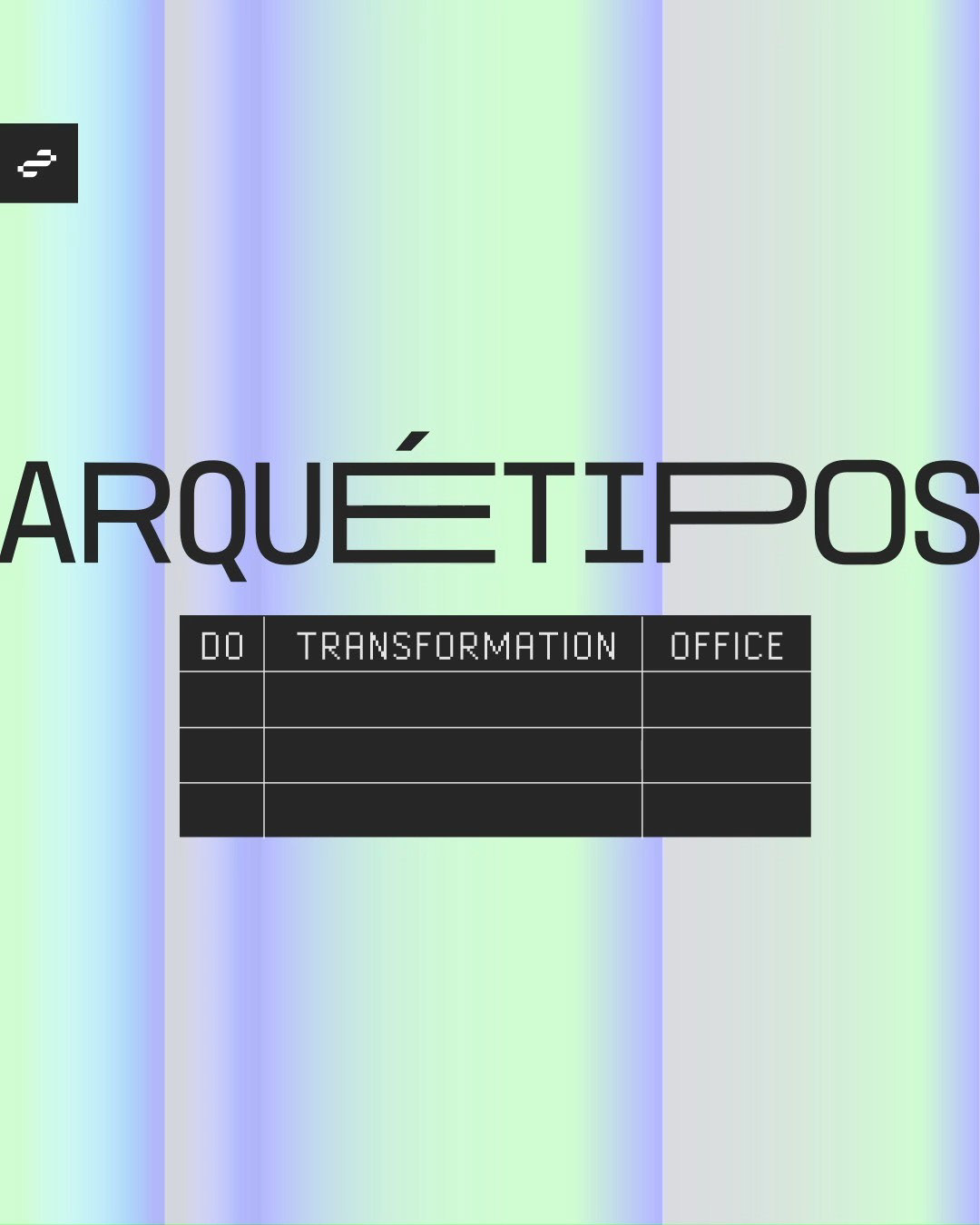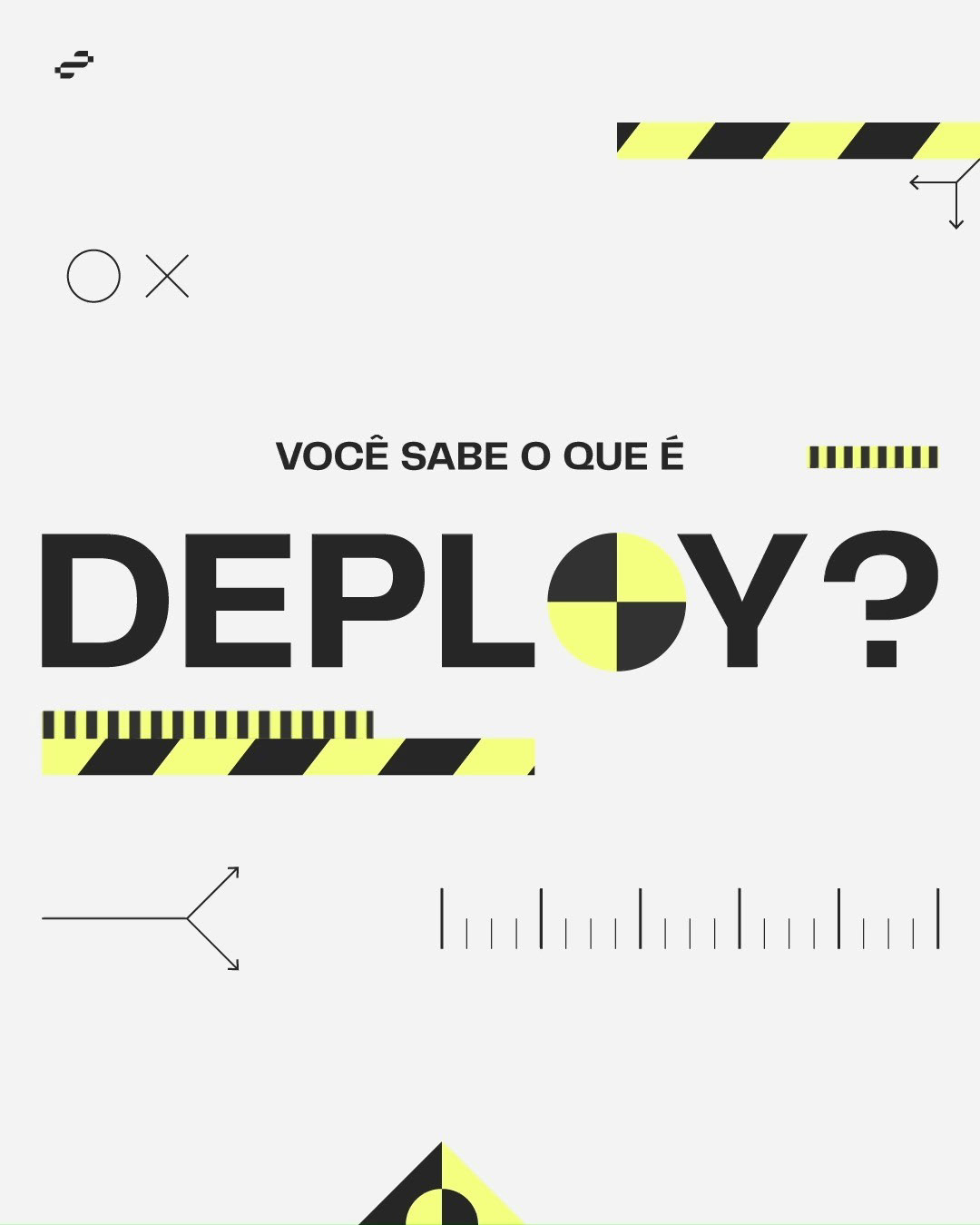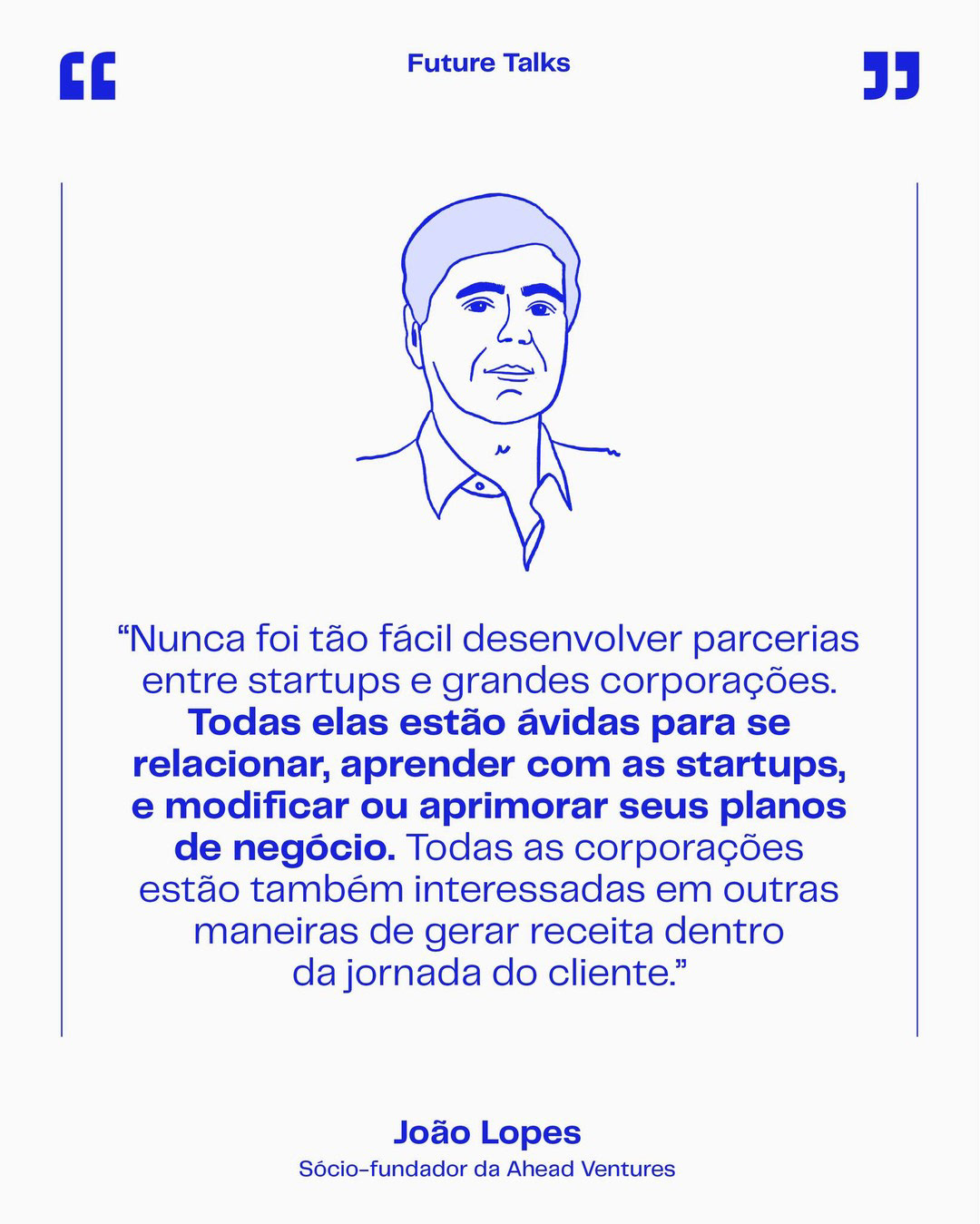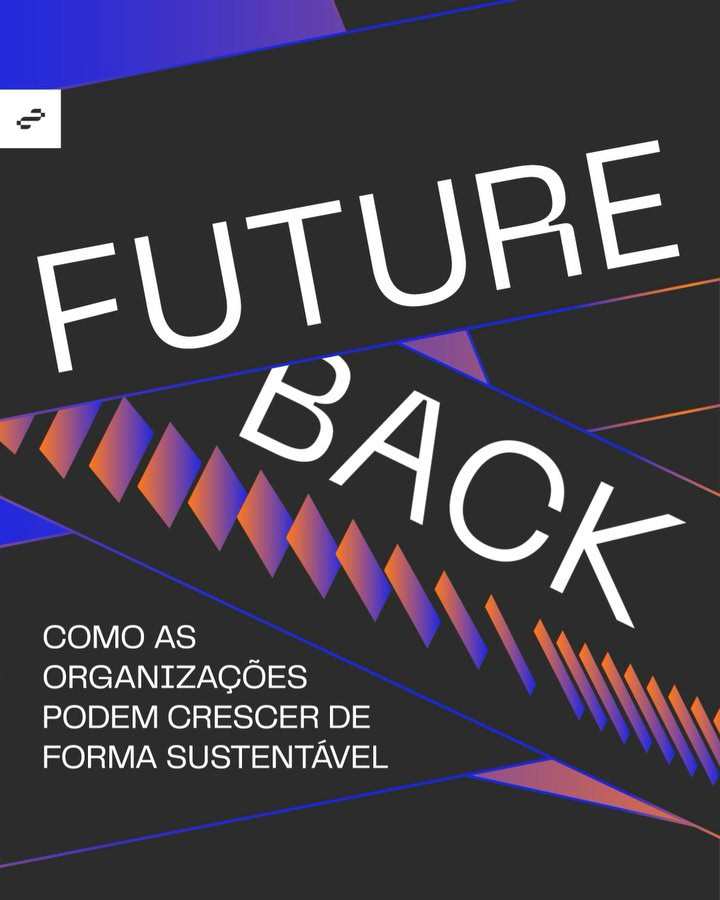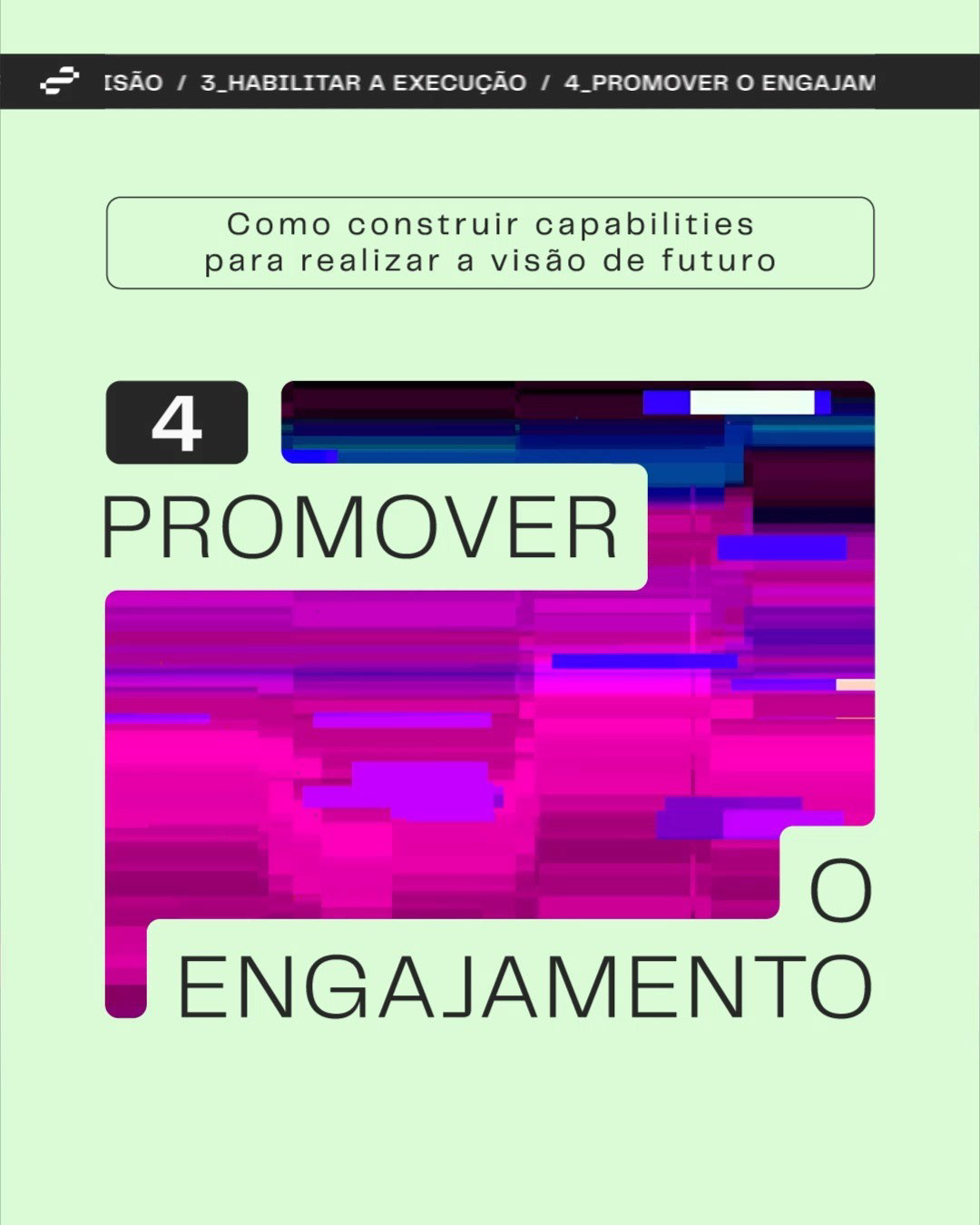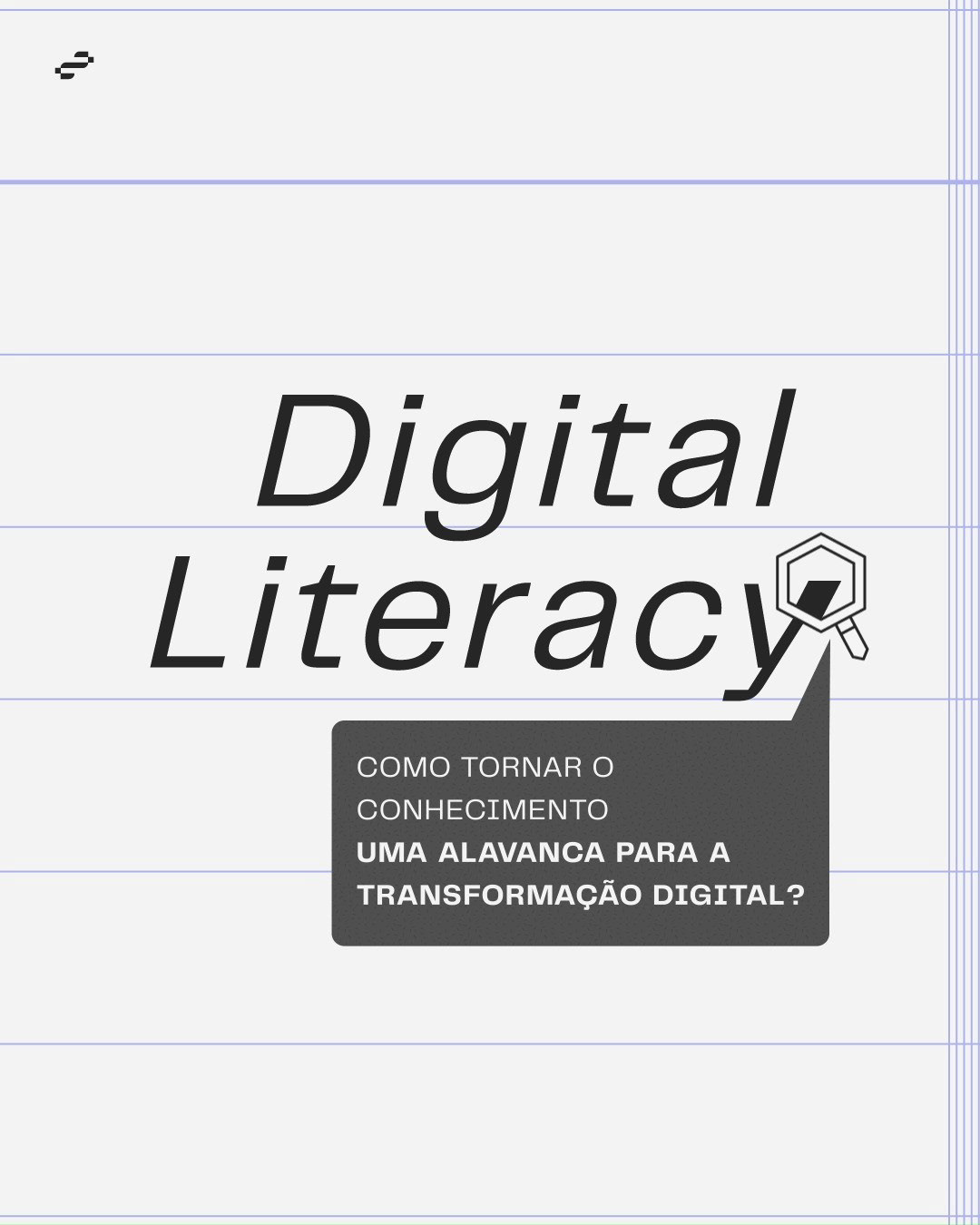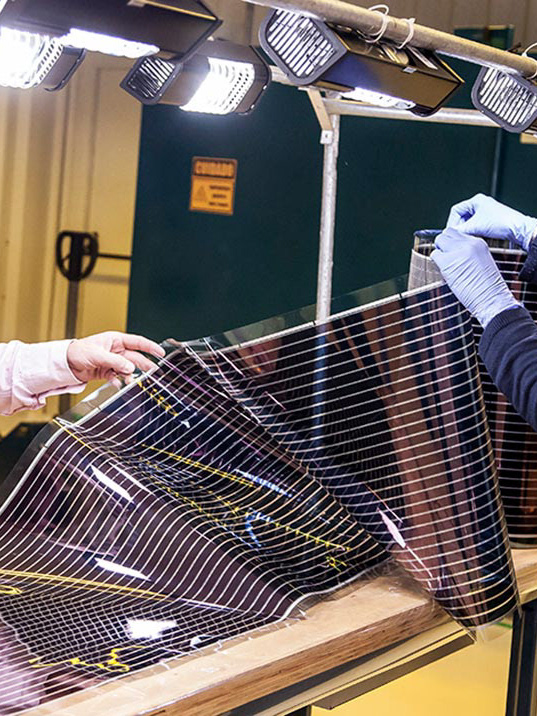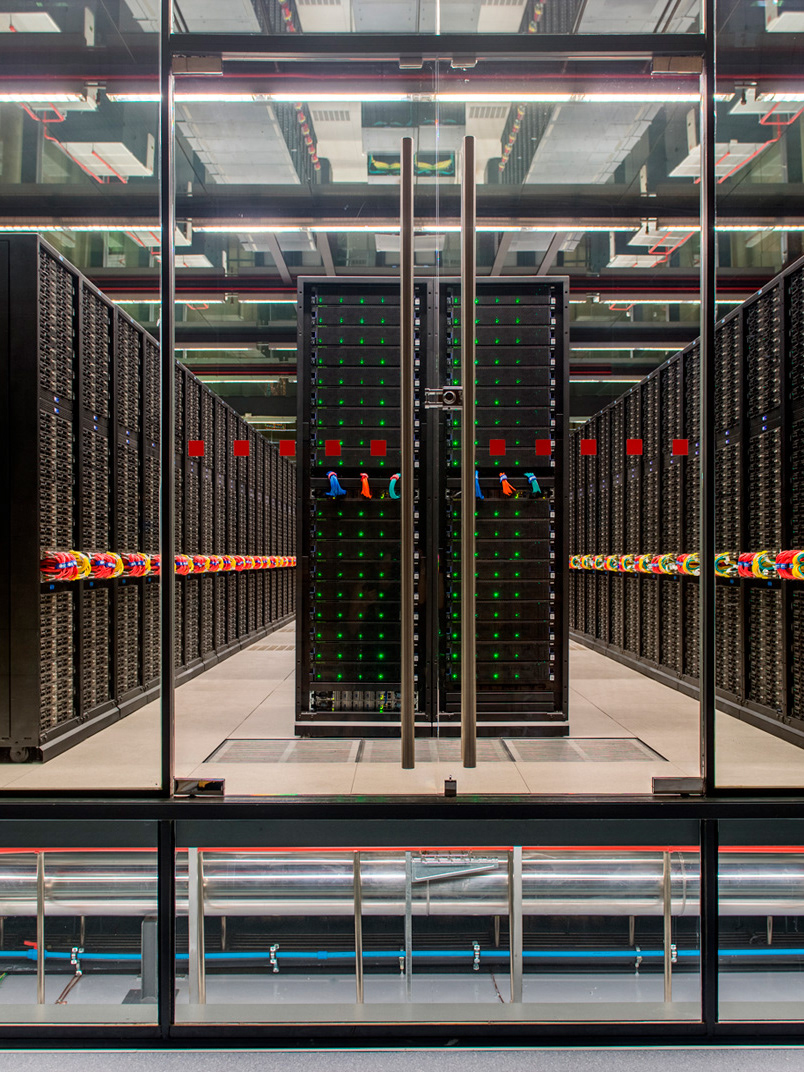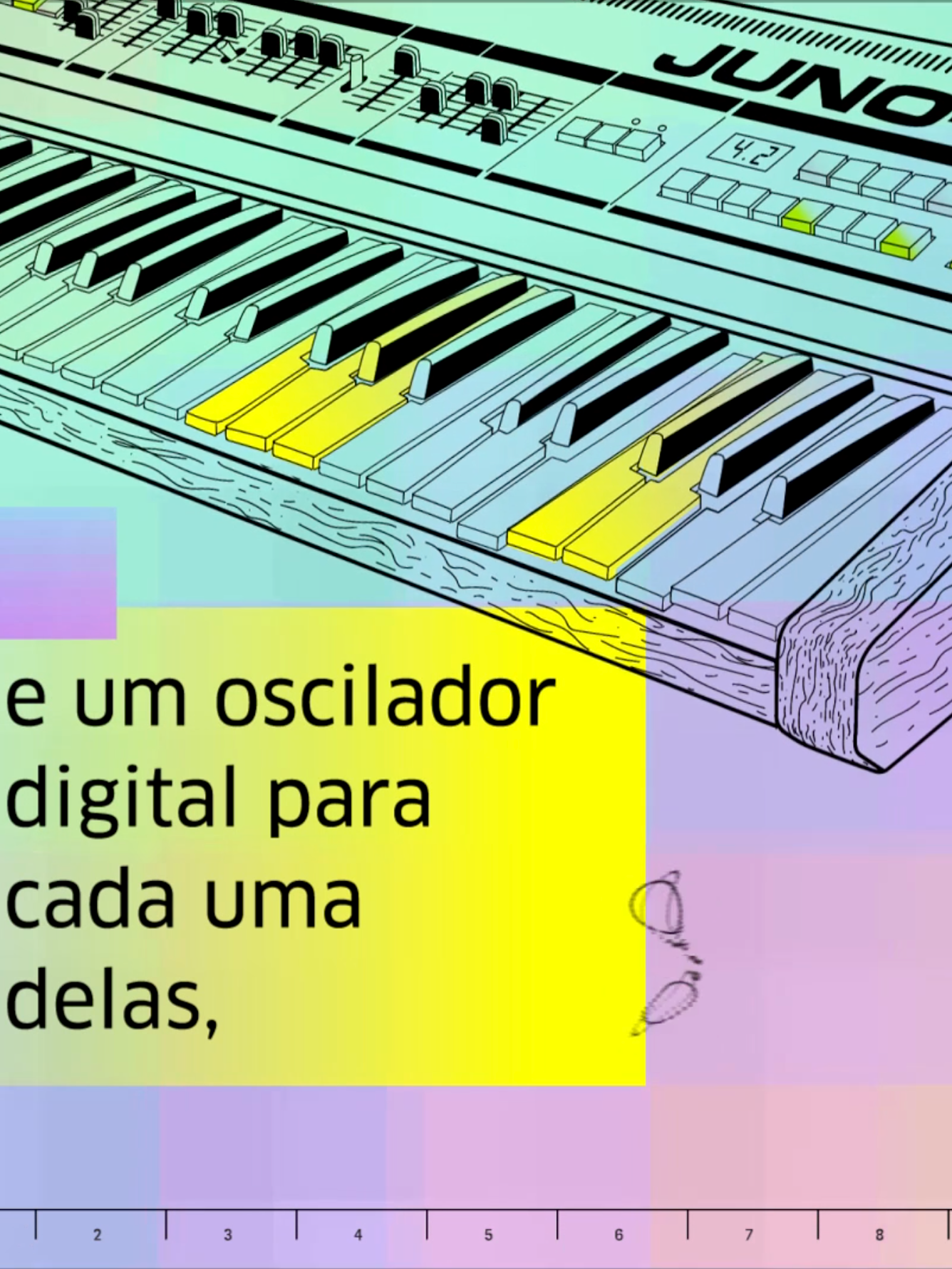I was responsible, as part of the Marketing team, for completely overhauling EloGroup's creative and content strategy. We completely renewed the company's visual identity, created new manifestos, and restructured the entire content strategy. Today, I am focused on developing communication strategies for new products, especially offerings for the implementation of Artificial Intelligence projects. I am in charge of ensuring the creative integration of new technologies while maintaining the freshness and effectiveness of our communication efforts.
